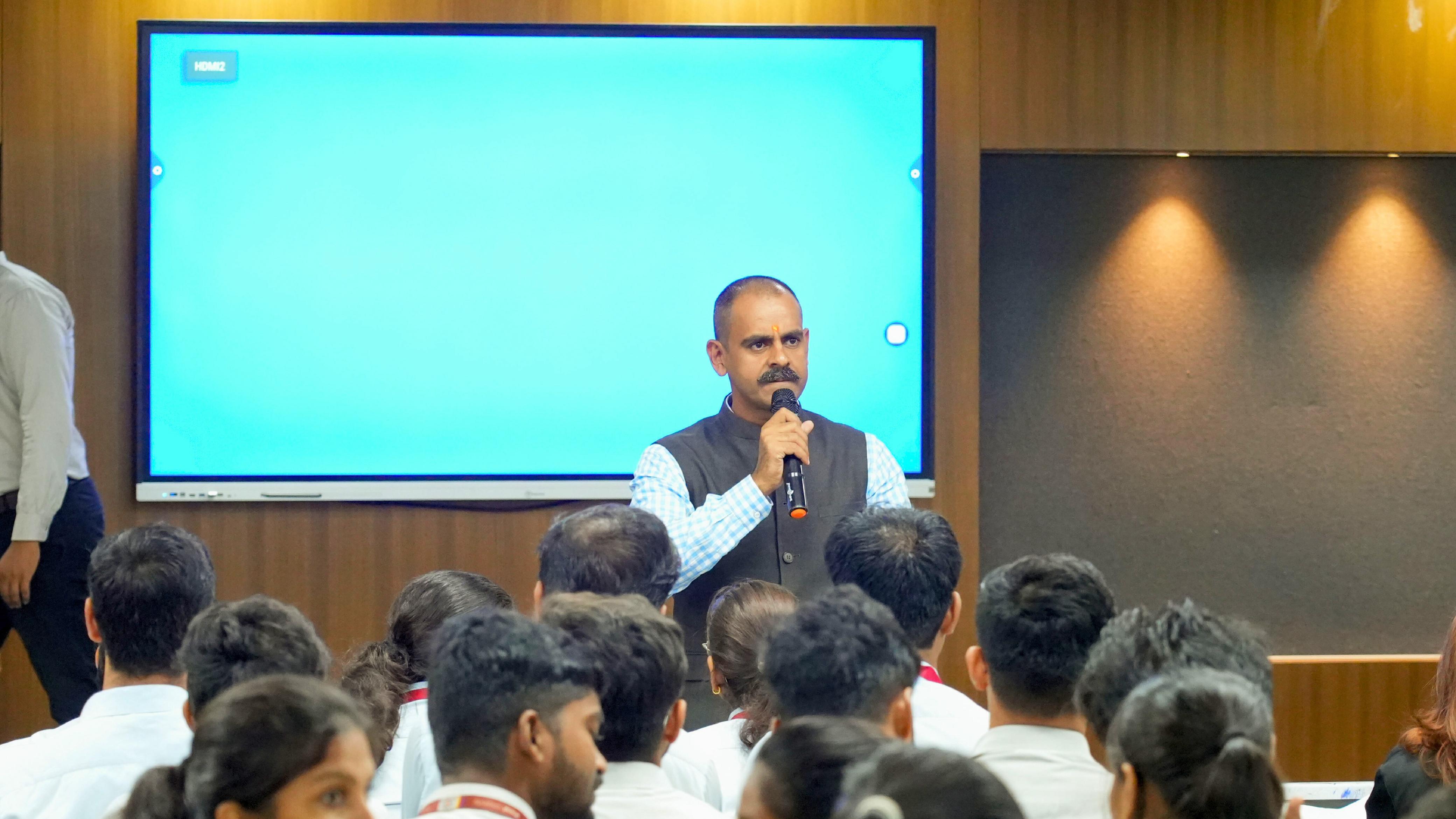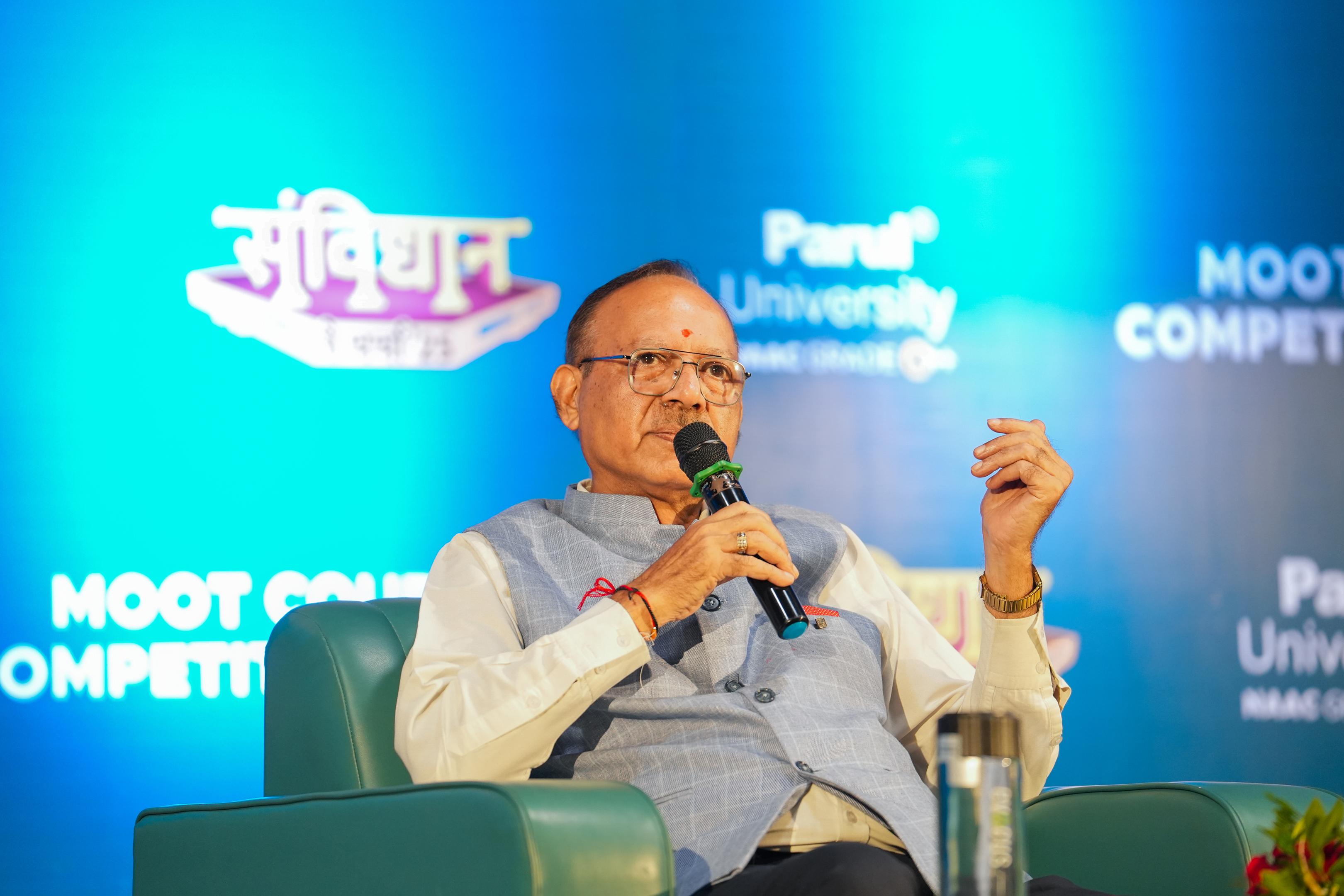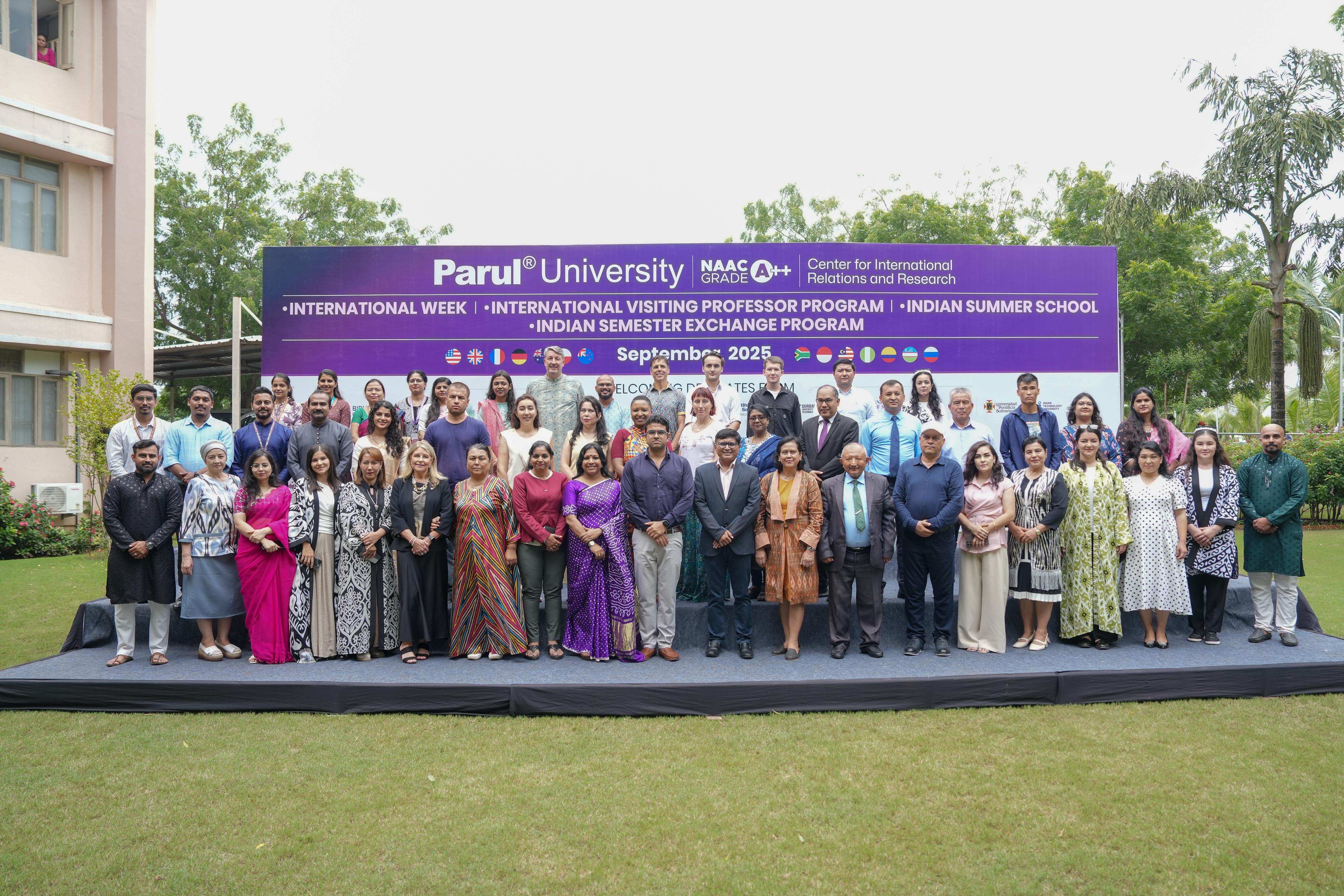Breaking stereotypes and building solutions for a better world starts with one step.
The PU Indian Summer School Program is already underway, providing a unique chance to learn about India's vibrant culture while tackling global issues by implementing the Sustainable Development Goals (SDGs) of the UN.
This isn't your typical study abroad program!
Bringing together students and faculty from the fields of business, public health, and social work, PU, in partnership with Charles Sturt University (CSU), Australia, is hosting the Indian Social Impact Program from June 22nd to July 6th, 2025. Through a special combination of fieldwork, expert discussions, and cross-cultural interaction, this life-changing two-week program promoted global competencies and creative social solutions.
This year, PU proudly welcomed a delegation from Charles Sturt University (CSU), Australia, including Dr. Faith Valencia-Forrester and four student participants: Nicholas Parnell, Jessica Anderson, Ramona Weston, and Dkodia Laine. Their presence added fresh perspectives and new energy to the journey.
What is the program about?
The comprehensive program unites PU and CSU's teachers and students in three key fields: management, public health, and social work. The two-week program is a thorough investigation of rural social structures and sustainable development tactics that goes beyond an academic discussion.
The three village settings in which the participants have been doing practical fieldwork are developing, underdeveloped (Ambali), and developed villages. They spoke with locals directly and gathered information following predetermined criteria to identify SDG-related issues during their initial visit. They delved deeper into community dynamics on the second visit, meeting more locals, including ASHA employees, in order to gather data in real time and comprehend the subtleties of regional issues.
The third visit, perhaps the most impactful: students perform a street play in Ambali village, creatively presenting solutions shaped by discussions with PU participants; capping off the day by distributing thoughtful gifts to school-going children and women in the village, bringing smiles and sparking hope. The curriculum’s essence lies in these immersive experiences, complemented by expert seminars.
Notably, Dr. Faith Valencia-Forrester delivered a special lecture on the theme “Cross-Cultural Service Learning: An Australia–India Social Impact Partnership for SDGs”, attended by faculty members from across PU, sparking important conversations around international collaboration and community-focused impact.
In multicultural teams, students collaborated with committed mentors to create SDG-focused projects grounded in actual issues. Close cooperation between the Parul Institute of Public Health, the Faculty of Management, and the Faculty of Social Work contributed to the distinctive methodology of the Indian Summer School, skillfully integrating academic viewpoints and converging educational experiences.
Looking beyond!
This program is distinct due to its all-encompassing approach to education. Rather than only studying India, participants live there. From taking part in knowing the traditional food, dance, music, and yoga to taking basic Hindi language classes and celebrating festivals, students gain authentic cultural insights that challenge stereotypes and develop lasting relationships.
What makes the Indian Summer School special? The true value is in the qualitative results, which include cross-cultural proficiency, a global perspective, and useful problem-solving abilities that companies desire in today's linked world. Participants also receive academic credits and SDG competency certifications.
A unique blend of social impact, cultural immersion, and academic rigour is provided by the Indian Summer School Program. It is intended for professionals and students who wish to gain a multicultural understanding of sustainable development while directly witnessing India's amazing diversity.

 (1).jpg)

.jpg)

.jpg)


